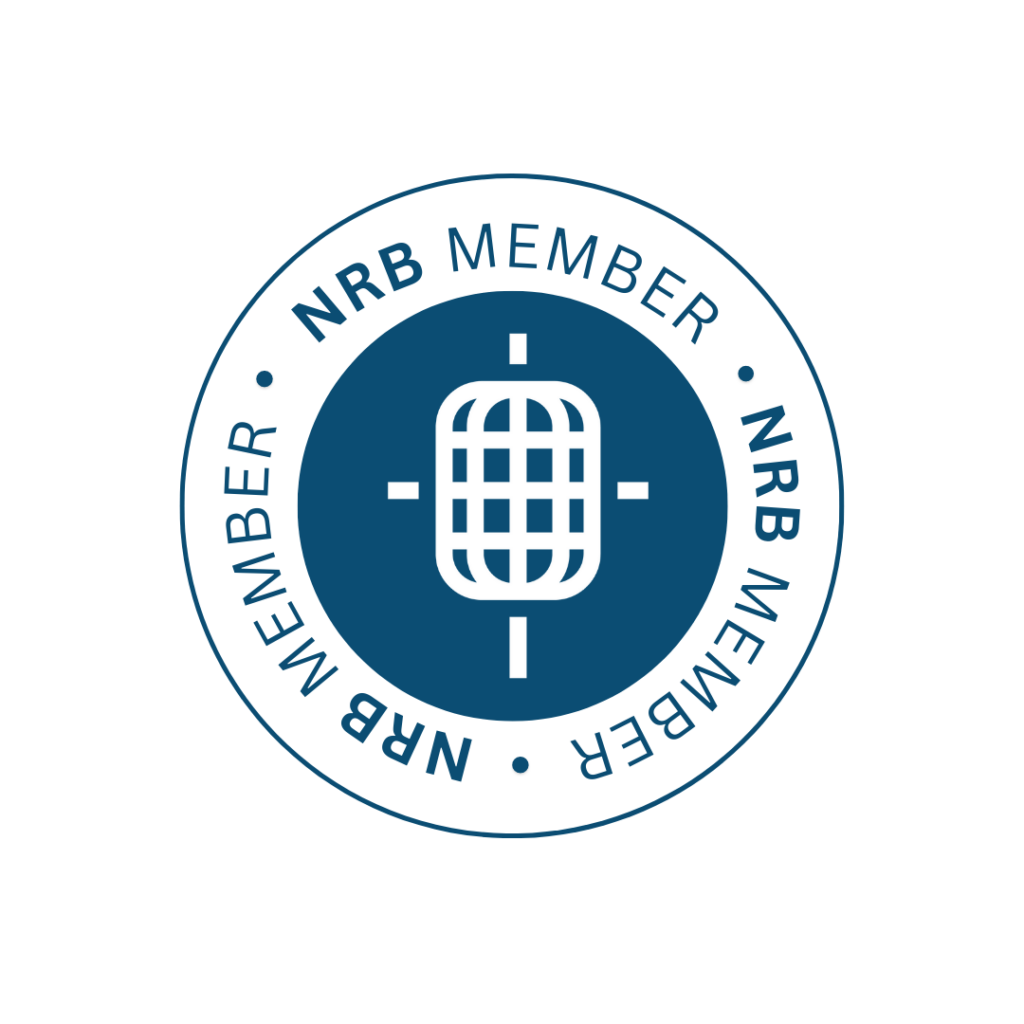Nonprofits and Social Media–Strategy by the Numbers
Social media in the nonprofit world has been steadily growing, and viral campaigns like the infamous Ice Bucket Challenge have yielded tremendous donations for charities. But do the numbers back up the strategy for social media for nonprofits?
A new Pew Research Report released last week showed that Facebook is still king, but other social media platforms like Instagram and Pinterest are gaining traction with adults.
Some highlights:
Facebook – 62% of all American adults
72% of American internet users have a Facebook account and it’s popularity is focused more evenly across age groups than any other platform, with 82% of 18-29 year olds, 79% of 30-49 year olds and 64% of 50-64 year olds active on the social media network. And about half of seniors age 65+ actively use Facebook. Women dominate on Facebook, as 77% of American women report using the site. Facebook has the most engaged users with 70 percent of users reporting daily activity on Facebook.
Pinterest – 26% of all American adults
Women again drive activity on Pinterest, with 44% of female internet users using the site. About a third of online adults use the platform, and it skews slightly younger, with those under age 50 most active.
Instagram – 24% of all American adults
Instagram, the photo/video-driven social media site is used by 28% of internet-using adults, and tends to be most popular with younger users (55% of users age 18-29 are active on Instagram), African-Americans (47% of African-American internet users have an Instagram) and Hispanics (28% of Hispanics report having an account). The site also generates significant frequency of use, with 59% of users logging in daily.
LinkedIn – 22% of all American adults
Known as primarily a business networking social media site, LinkedIn is most popular among adults active in the workforce (32% of employed internet users are on the site) and higher-educated adults (almost half of all adults with a college degree are active). LinkedIn is the one major social media site that skews older, with its greatest active population between 30-49 years of age. That said, fewer people report using LinkedIn daily.
Twitter – 20% of all American adults
Growth on Twitter has slowed significantly, and 23 percent of online adults use Twitter, as they did in September 2014. Twitter skews more urban (30% of urban users have a Twitter account) and younger, with 30% of those age 18-49 using Twitter.
So what does this mean for nonprofits and social media resources?
With limited time and resources, nonprofits need to be able to focus their efforts where they will have the greatest impact. Understanding the particular strengths of each of the main social media outlets can help you tailor your social media presence to reach the right people. Beyond your Facebook page, being aware of the growing networks, their strengths, and their unique audiences can, and should, inform where your nonprofit is most active and available.
More than just a platform for engagement, social networks offer huge potential toward reaching new names with limited cost. Targeted ads and posts can enable you to focus in and broaden your reach. Running a large campaign or responding to an emergency? These types of posts can support your traditional fundraising efforts and keep you on the forefront of your follower’s minds throughout the week — connecting them with your mission and impact in new ways to inspire them to give.
A strategic plan for your social media can help you organization grow both online and offline, and is an essential tool for nonprofits today.
Related articles
-

Courage, Humility, and Faith Lived Boldly
There’s so much that I don’t know about the greatest leaders of our country. I’m trying to correct some of…
-

What to Think of Artificial Intelligence and Its Impact on Fundraising . . .
In trying to summon an image to represent our theme for this issue of Donor Focus, I found myself drawn…








